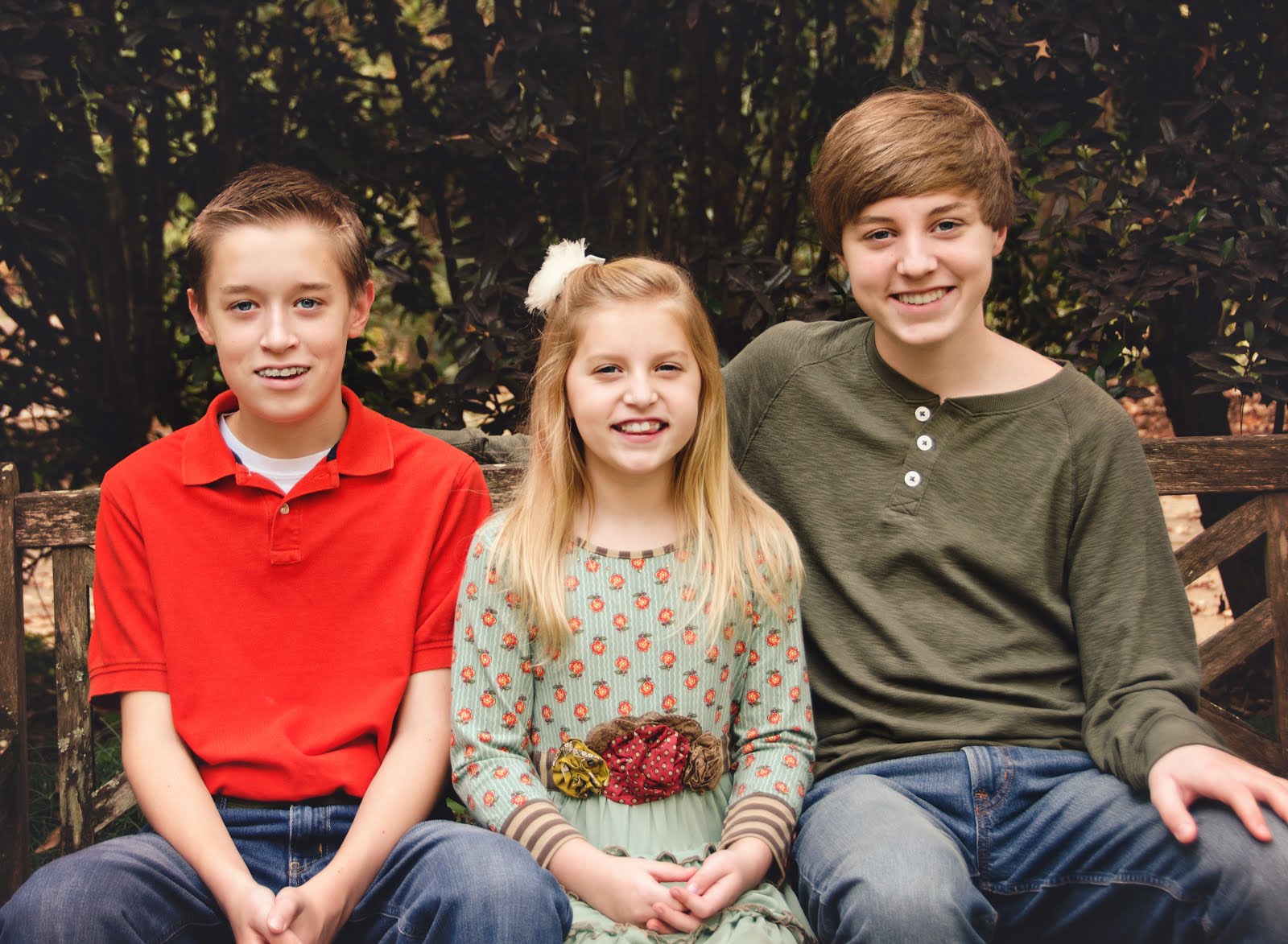 I believe that true fellowship among believers requires transparency. A post-modern phrase that I hear often among people my age is "being real". But I think there is usually a vast difference between the meaning behind these two terms. In my experience, being real often refers more to tolerance of one's (or one another's) sin. I found that the words "being real" were usually followed with gossip, excuse to sin, or justifying negative behaviors. For these reasons I cringe when I hear people say that term.
I believe that true fellowship among believers requires transparency. A post-modern phrase that I hear often among people my age is "being real". But I think there is usually a vast difference between the meaning behind these two terms. In my experience, being real often refers more to tolerance of one's (or one another's) sin. I found that the words "being real" were usually followed with gossip, excuse to sin, or justifying negative behaviors. For these reasons I cringe when I hear people say that term. Transparency, on the other hand, seems to be a good thing. That is, something that the Lord delights in. Transparency means not justifying sin, but confessing it, claiming it, asking for prayer and/or forgiveness. And those are the first steps towards turning away from that which doesn't please the Lord. It means shining a light on the thing(s) that Satan loves for us to hide safely in the dark. It means humility, as opposed to pride. It means walking away from a sin pattern or confessing a sin of the past, instead of embracing it as (real)ity.
We had a discussion at our HFC (Home Fellowship Group) at church about acknowledging our faults with our children. Andy and I are big believers in this type of family dynamic. My kids can tell by the tone in my voice when I am being given over to anger. They know, because I have confessed my anger in the past and asked for prayer, that it is okay to respectfully point it out to me. It might sound something like this, "Mommy you look like you are getting really angry. Should we pray for you?" Another frequent example that makes us all laugh is in Target. We always go in for one thing and then I tend to get distracted and piddle away hours. So now I will tell the kids if we only have a small chunk of time. And then when I get distracted they will say, "Momma, can we stay focused?" (At that point we are all laughing.) Humiliating? Yes. But I would argue that respect for me is not lost there, nor is my authority threatened.
Yes, my children know I am a fellow sinner in need of grace. But whether I admit my sin or not, they are taking mental notes and they absolutely will model my behavior. Do I want them to model my anger? Or do I want them to model my humility? Plus, I really need prayer most of the time, so I'll take it. :)
They seem to be much more willing to receive correction with a good attitude when I am humble as well. In my experience, children respect, admire, and draw near to adults who they feel like understand them, delight in them, and are willing to trust them with the truth. I guess we just expect this to all come at a smaller price than it costs. And for us, when we have responded to them properly, the cost is humility, patience, and trust. And these things require lots and lots of time, intimate conversations, and openness. We certainly do not always follow our hearts' desire in this area. I can be rather stingy with my time and willingness. But the goal and standard is there, none the less. If any one has ever read Sally Clarkson's (AMAZING) parenting books, you will be humbled, if not overwhelmed, at the amount of time she spends talking openly with her children. It's a daunting task when thought of outside the context of "one day at a time".
Any thoughts? How transparent are you with your children? Do you find yourself apologizing to them frequently as we do or is that something that is outside of your comfort level? If your children are quick to apologize or point out their own struggles, to what do you attribute this ability (besides God's grace!)? Did anyone have parents that practiced transparency with them as children? Just curious.






1 comment:
Good point, though sometimes it's hard to arrive to definite conclusions
Post a Comment